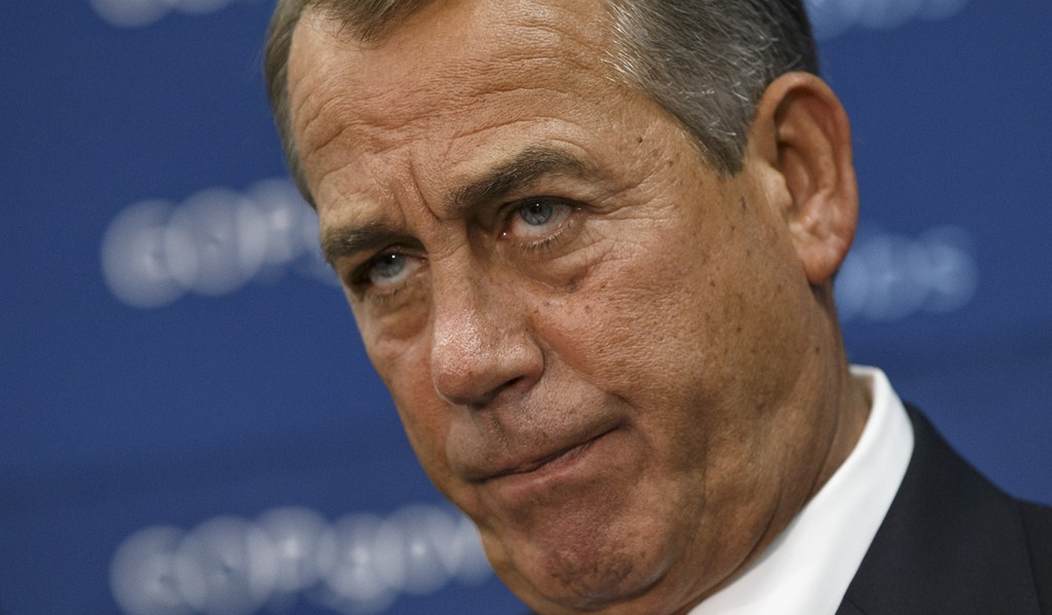The House and Senate came to a bipartisan agreement on a $1.1 trillion dollar federal budget Monday.
Just how much is one trillion dollars? As former U.S. Senator Alan Simpson (R-Wyo.) explained it:
If you spent a buck a second you wouldn’t hit a trillion for 32,500 years.
The Omnibus Appropriations bill provides funding for the entire federal government in 2014. Here is the basic breakdown:
1. Agriculture $20.9 billion – a $350 million increase from 2013
2. Commerce/Justice/Science $51.6 billion – $1.4 billion increase
3. Defense $486.9 billion
4. Energy and Water $34 billion – $777 million increase
5. Financial Services $21.8 billion – $603 million increase
6. Homeland Security $39.3 billion – $336 million decrease
7. Interior and Environment $30.1 billion – $231 million increase
8. Labor/Health and Human Services/Education $156.8 billion – $100 million decrease
9. Legislative Branch $4.2 billion – $19 million decrease
10. Military Construction/Veterans Affairs $73.3 billion – $1.4 billion increase
11. State/Foreign Operations $49 billion – $4.3 billion decrease
12. Transportation/Housing and Urban Development $50.8 billion – $961 million decrease
Recommended
The 1,582-page bill provides no new funding for Obamacare, but does have a few controversial elements.
Rep. Tom Cole (R-Okla.), a senior member of the House Appropriations Committee noted:
Everybody can find something to complain about — legitimately so. But from the Republican standpoint, gosh, this is $164 billion less than Bush’s last discretionary budget, so that’s pretty good progress in cutting spending.

























Join the conversation as a VIP Member